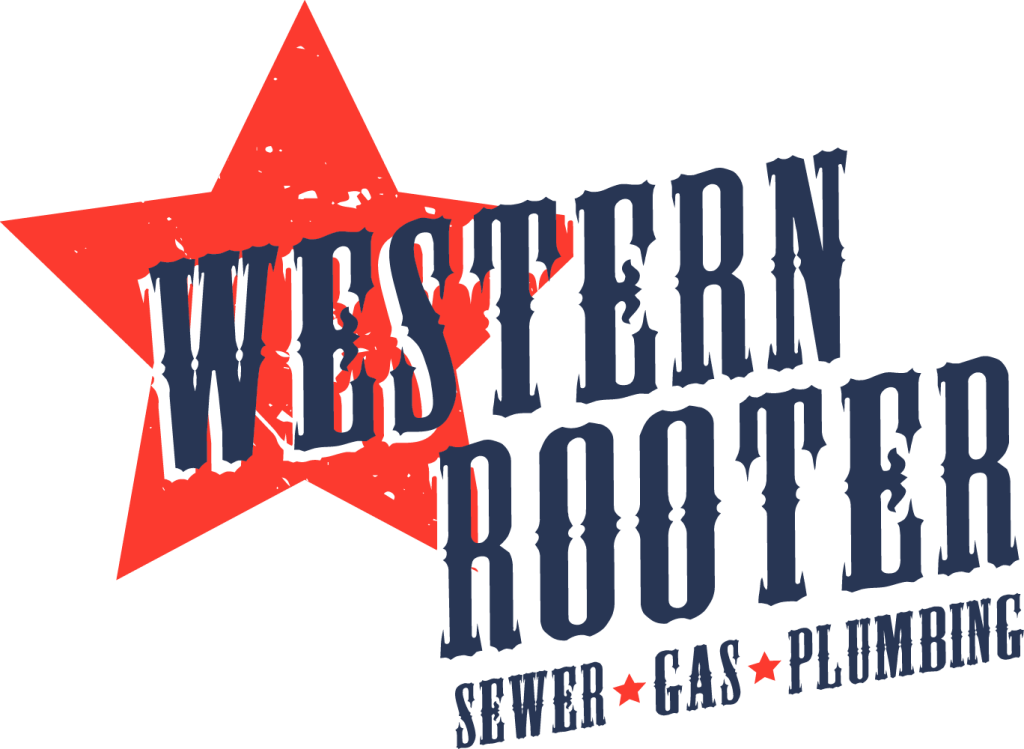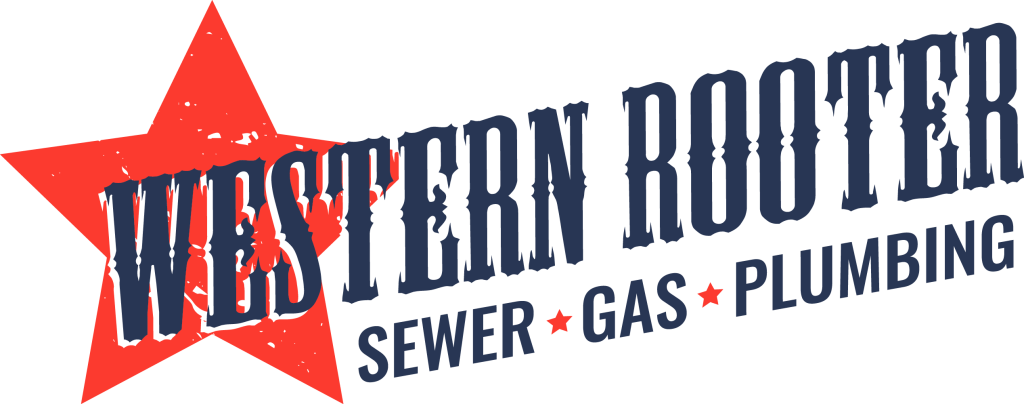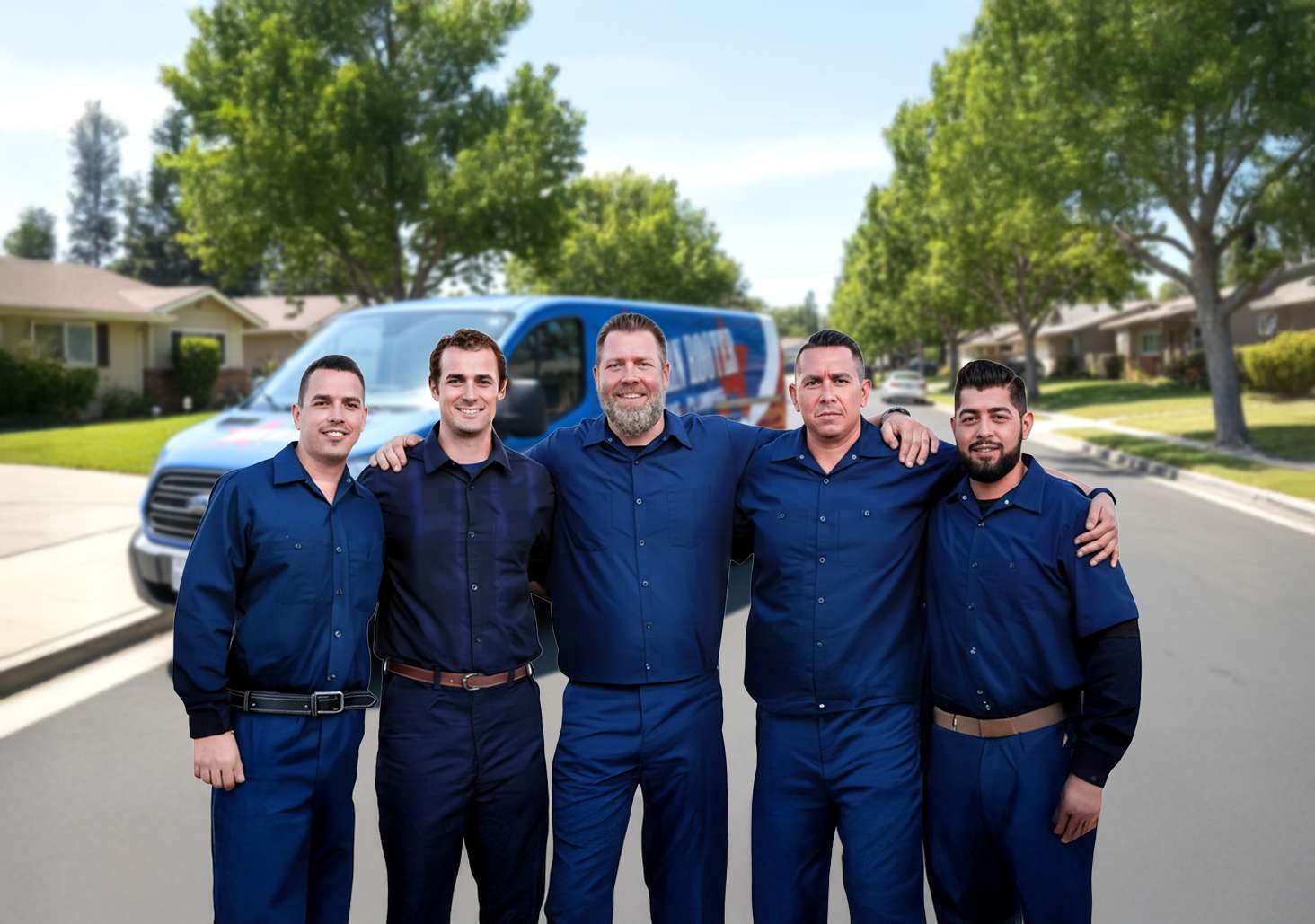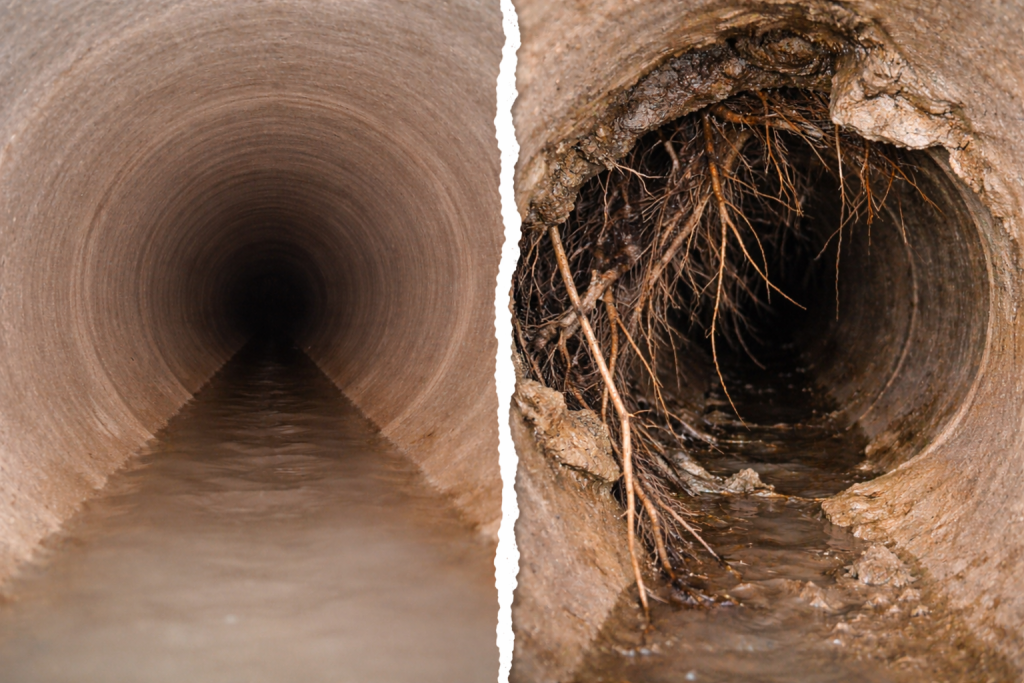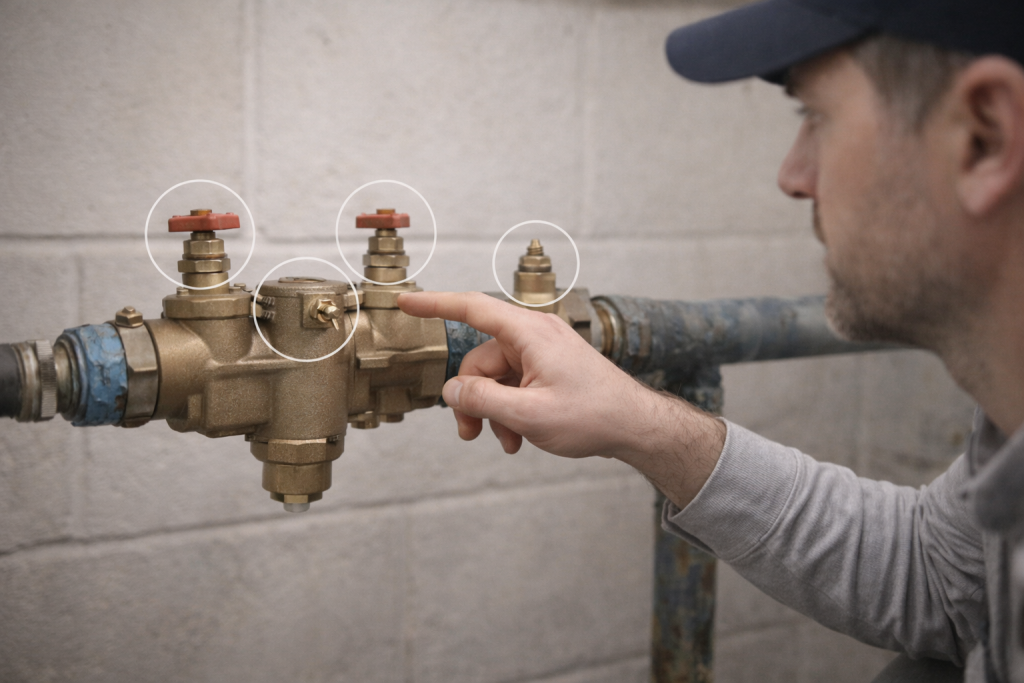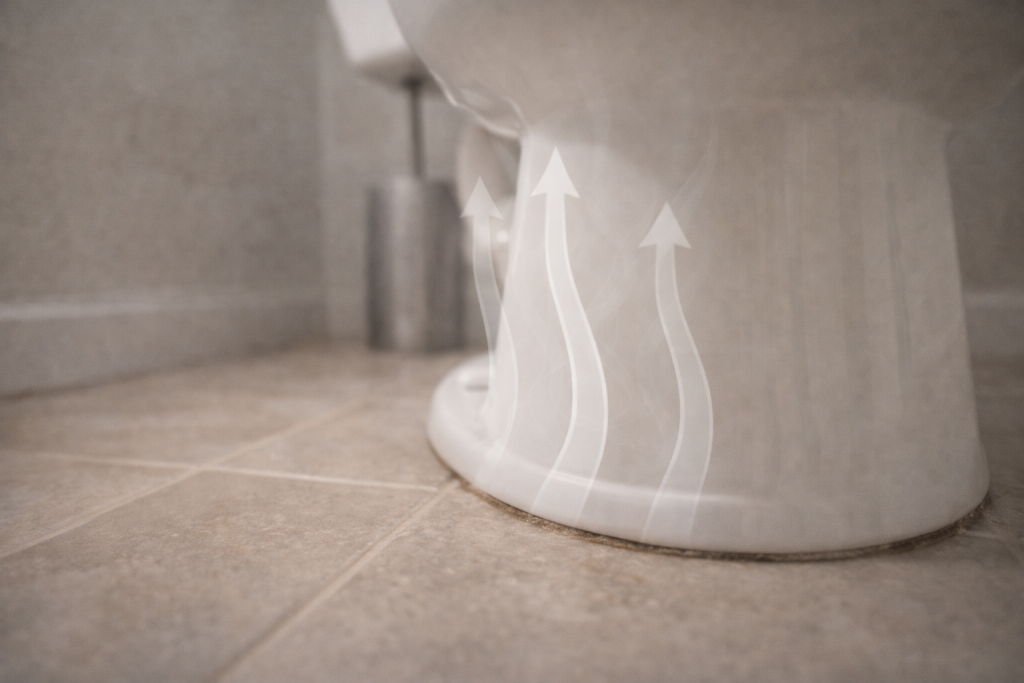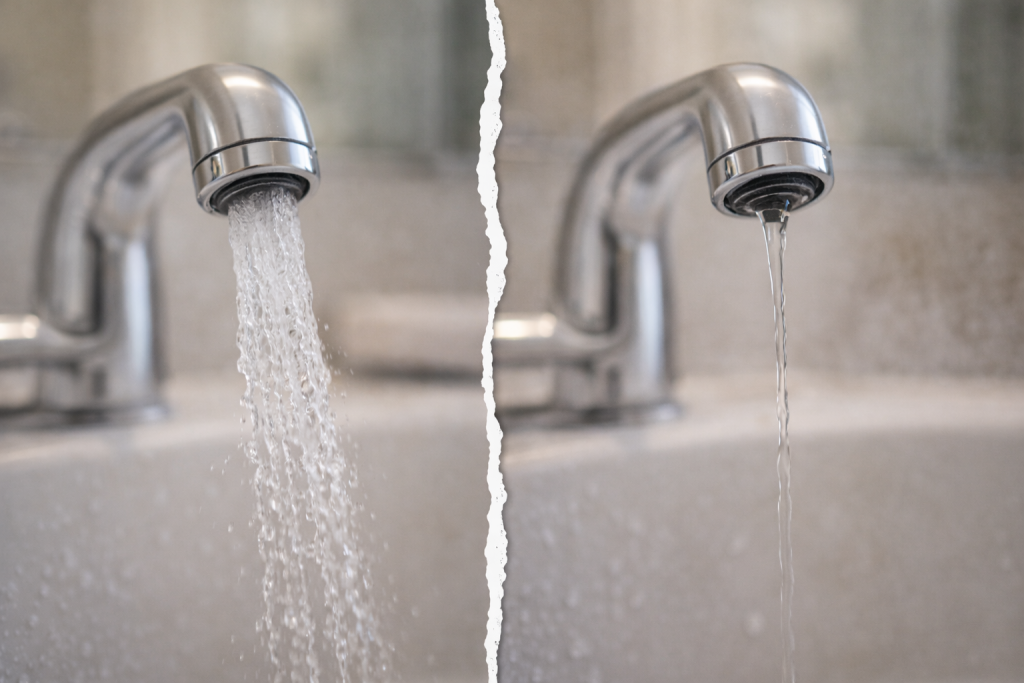When it comes to condo living, understanding who’s responsible for pipes in the walls can save you from headaches and unexpected costs. Whether you’re a property manager in Los Angeles County or a homeowner in Orange County, knowing the ins and outs of condo plumbing responsibilities is crucial. From leaky pipes to full-scale replacements, the question of who foots the bill often leads to confusion and disputes.
In this guide, we’ll break down the complexities of condo plumbing systems and shed light on the responsibilities of condo owners and homeowners associations (HOAs). You’ll learn about the role of condo boards in managing shared plumbing infrastructure and discover how modern solutions like pipe lining and trenchless technology are changing the game. We’ll also explore California-specific regulations that affect who’s on the hook for repairs when those pesky pipes act up. By the end, you’ll have a clear picture of what to do when plumbing problems arise in your condo community.
Understanding Condo Plumbing Systems
As a property manager or HOA board member in Los Angeles or Orange County, grasping the intricacies of condo plumbing systems is crucial. These systems are more complex than those in single-family homes, consisting of a network of pipes, drain lines, vent stacks, and water heaters that serve both individual units and common areas .
Types of Pipes in Condos
In California condos, you’ll typically encounter several types of pipes, each serving a specific purpose:
- Potable Water Pipes: These pressurized pipes, often made of copper, PVC, CPVC, or PEX, bring clean water to fixtures and appliances in each unit .
- Drain Lines: Connected to sinks, showers, and appliances, these pipes channel greywater (containing soap and dirt, but not human waste) to the sewer system .
- Waste Stacks: Similar to drain lines, but specifically for toilets and other fixtures dealing with human waste .
- Vent Stacks: These pipes don’t carry water but allow air flow to balance the plumbing system and prevent clogs .
- Sewer Pipes: Located outside and underground, these connect your building’s drain and waste stacks to the city’s sewer system .
In multi-story buildings, you’ll also find risers that transport water between floors, and some taller structures may have gravity tanks on the roof to maintain water pressure .
Common Areas vs. Individual Units
One of the most challenging aspects of managing condo plumbing is determining responsibility for repairs. Generally, pipes inside and immediately surrounding a unit are the tenant’s responsibility, while those in public areas fall under the condo association’s purview .
However, it’s not always clear-cut. Some sections of plumbing may be shared between two or more units, complicating matters further . That’s why it’s crucial to have a thorough understanding of your building’s layout and to clearly define these responsibilities in your condo’s governing documents .
As a property manager in Southern California, you should familiarize yourself with the specific plumbing layout of your building. This knowledge will help you quickly address issues and guide residents on their responsibilities, potentially saving time and reducing disputes when plumbing problems arise.
Responsibilities of Condo Owners
Pipes Within the Unit
As a condo owner in Los Angeles or Orange County, you’re responsible for the plumbing within your unit’s boundaries. This includes the pipes from your side of the wall inward . It’s crucial to understand that while the condo association handles the main vertical lines and risers, you’re accountable for the drain lines from your unit to these main lines .
To maintain your pipes effectively:
- Conduct regular inspections to check for leaks under sinks, around toilets, and near appliances .
- Address small issues promptly to prevent them from escalating into major problems .
- Be cautious about what goes down your drains to avoid clogs and backups .
Remember, if you need to turn off the main water supply for repairs, you must get approval from the property manager and notify affected units .
Fixtures and Appliances
Your responsibility extends to all plumbing fixtures and appliances within your unit, including:
- Tubs
- Toilets
- Sinks
- Faucets
- Washing machines
- Water heaters
To maintain these effectively:
- Regularly inspect drain hoses and plumbing connections of water appliances .
- Clean showerheads to prevent low water pressure issues, especially in older buildings .
- Descale faucets and showerheads to remove mineral deposits, particularly if you have hard water .
If you notice any wetness on the floor near water appliances, call a licensed plumber immediately, as this could indicate a more significant structural issue .
As a condo owner, you’re also responsible for:
- Arranging and covering costs for repairs within your unit .
- Mitigating water damage promptly to prevent issues from spreading to common areas .
- Familiarizing yourself with the condo’s governing documents to understand your specific plumbing-related obligations .
- Understanding your insurance policy’s coverage for plumbing-related issues and resulting damages .
By taking a proactive approach to plumbing maintenance, you can prevent substantial problems and costly repairs down the line . Remember, your diligence not only protects your property but also contributes to the overall health of your condo community’s plumbing system.
Condo Association’s Plumbing Responsibilities
As a property manager or HOA board member in Los Angeles or Orange County, understanding the condo association’s plumbing responsibilities is crucial. Generally, the association is accountable for maintaining and repairing plumbing systems in common areas and shared spaces . This includes hallways, lobbies, and other infrastructure serving multiple units.
Common Area Pipes
The condo association typically assumes responsibility for pipes within common areas and shared walls. This often extends to plumbing contained within interior walls, known as risers or supply lines . If you’re managing a property, it’s essential to be aware that the association is usually responsible for addressing any issues with these internal systems.
When it comes to limited common elements, such as drain lines serving more than one unit, these typically fall under the association’s jurisdiction . The governing documents often define these elements and specify the association’s responsibility for their maintenance. As a property manager, you should familiarize yourself with these documents to ensure clear communication and coordination with individual unit owners when addressing issues in limited common elements.
Main Water and Sewer Lines
The condo association is generally responsible for main water and sewer lines. This includes maintenance, repairs, and potential replacements of these crucial systems . As a property manager in Southern California, you should be aware that:
- The association typically covers repairs and damages resulting from issues with common elements, such as sewer pipes servicing multiple units .
- Main sewer lines and shared plumbing systems fall under the association’s purview .
- Maintenance fees paid by individual owners often contribute to covering the costs associated with these shared elements .
It’s important to note that the exact responsibilities can vary depending on the specific governing documents of your condo association. As a property manager or HOA board member, you should:
- Thoroughly review the condo’s declaration and bylaws to understand the precise delineation of responsibilities .
- Consult the “as built” plans provided with the official controlling documents for clarity on plumbing layouts .
- Consider the association’s insurance policy to help determine responsibility in case of disputes .
By understanding these responsibilities, you can effectively manage plumbing issues, maintain the property’s value, and ensure a smooth operation of your condo community in Los Angeles or Orange County.
Conclusion
Understanding the complexities of condo plumbing responsibilities is crucial for property managers and homeowners in Los Angeles and Orange County. By clearly defining the roles of individual owners and condo associations, many potential disputes and costly repairs can be avoided. This knowledge allows for better maintenance planning, quicker problem resolution, and a more harmonious living environment for all residents.
For property managers and HOA board members in Southern California, staying informed about local regulations and best practices in condo plumbing management is key to maintaining property values and resident satisfaction. Regular inspections, proactive maintenance, and clear communication with owners about their responsibilities can help prevent major issues down the line. To get expert advice or a second opinion on your condo’s plumbing needs, you can book a free visual estimate with Western Rooter, who offer fair assessments without any upselling.
